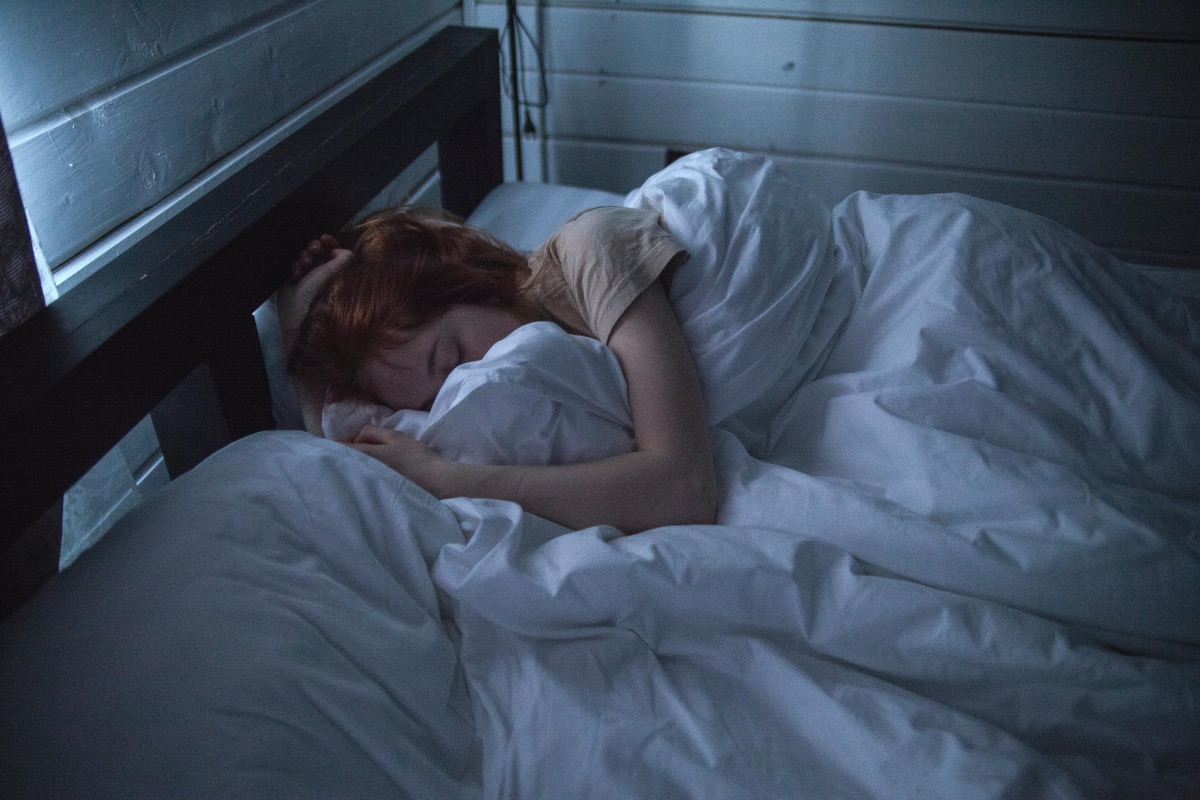Rebuilding a Healthy Sleep Routine
After struggling with substance abuse, it is common to have your sleeping patterns damaged or disrupted. This often occurs from the disruption within the circadian rhythm, insomnia, or poor sleep quality. Re-establishing a healthy sleep routine during your time at Restoration Recovery can be extremely important to your treatment. Sleeping is a precious resource that is essential to your psychological and physiological health.
Effects of Substance Use on Sleep
Substance use alters the brain’s chemistry and interferes with the natural sleep-wake rhythms. Different substances impact sleep in various ways. What follows is a breakdown of the effects common substances have on sleep:
- Stimulants (e.g., cocaine, methamphetamine): These substances can cause insomnia and poor sleep quality. People using stimulants may experience what is commonly known as “a crash,” when they are overcome by exhaustion following the period of stimulation.
- Depressants (e.g., alcohol, benzodiazepines): These substances may make a person fall asleep, but they are known to interfere with the normal sleep rhythm and decrease the amount of restorative REM sleep.
- Opioids (e.g., heroin, prescription painkillers): Opioids can inhibit REM sleep and negatively affect the quality of sleep, which results in feeling tired during the day.
- Cannabis: Cannabis can assist some individuals with falling asleep; however, it can decrease REM sleep and overall sleep quality.
- Nicotine: Nicotine contains stimulants that can prevent the onset of sleep and decrease the total sleep time. It can also make some people wake up in the middle of the night more often.
Challenges of Keeping a Sleep Routine in Early Recovery
The early stages of recovery are often accompanied by various sleep-related challenges. One of the most frequent problems in early recovery is insomnia, or the inability to fall and/or stay asleep. During withdrawal, the brain is still trying to understand that it is not getting the substances it is used to, and you may start dreaming a lot. This is known as REM rebound, where the body tries to regain the lost REM sleep.
Some people may experience the worsening or onset of sleep apnea, which is defined as the intermittent stopping of breathing during sleep. Restless leg syndrome (RLS) is characterized by sensations in the legs that may be uncomfortable and are usually worse at night, which makes it difficult to go to sleep. Sleeping disorders and reduced quantity of sleep affect wakefulness and increase the level of daytime sleepiness.
Rebuilding a Healthy Sleep Routine in Recovery
A normal sleep routine should be resumed as soon as possible when you begin your journey in recovery. While this may take some adjusting to, it is important to get started on this right away and accept the change.
Be Consistent
Getting to bed and getting up at the same time each day, including weekends, is a great way to begin being consistent with your sleep. Whatever practices you implement to help with your sleep schedule, ensure you are doing them regularly. Oftentimes, these techniques do not click right off the bat and may take some patience.
Develop a New Sleep Routine
Creating a routine of how to prepare for bed will inform the body that it is time to sleep. Some of the things that are likely to help relax the mind and the body include reading, taking a warm bath, practicing relaxation exercises, stretching, or even listening to music.
Limit Electronic Exposure
The light emitted by gadgets such as phones, tablets, TVs, and computers is known to affect melatonin production in the body. Giving yourself one hour before bed with no screen time can help eliminate the negative effects of blue light exposure. Ensure you set your alarm on your phone before this hour.
Create a Sleep-Conducive Environment
Ensure that you have a comfortable bed and a dark and quiet space if desired. If you sleep well with white noise, keep this present in your sleep environment. Ensure your room is kept at a comfortable temperature as this helps with the regulation of body temperature and promotes good sleep. Try to avoid working or lounging during the day in your bed, so that this is a space your body correlates with sleep.
Limit Caffeine and Stimulants
Avoid having any caffeine or any other stimulating substances before going to bed as this may hinder the sleeping process. Such substances can delay the onset of sleep and negatively affect the parameters of sleep. Oftentimes, people will fall into the habit of drinking coffee in early recovery. Try to avoid drinking it in the evening. Avoiding food with high caloric value and energy expenditure late in the evening may help with sleep habits as well.
Benefits of a Healthy Sleep Routine
A balanced sleep pattern is vital, especially during your time at Restoration Recovery. Good sleep also has numerous health benefits that include improving the immune system, muscle development, and the management of hormones. It also has vital functions related to mental health, such as boosting the mood, relieving stress, and improving the overall cognitive function. Besides the above advantages, having a good sleep schedule can also assist in avoiding a relapse. Utilize the above techniques to help you rebuild a healthy sleep routine.
A sleep schedule is one of the most important aspects that need to be restored to regain a quality of life in sobriety. Although it is quite a process to build up your sleep schedule again, the results are more than rewarding. Quality sleep is not only beneficial for the body and mind, but it also plays a crucial role in the path to recovery. You can manage sleep problems in early recovery. Consult our team of experts to build a healthier and happier life in sobriety. To learn more about how you can rebuild your sleep schedule and enjoy a healthy life, reach out to Restoration Recovery today at (888) 290-0925.






